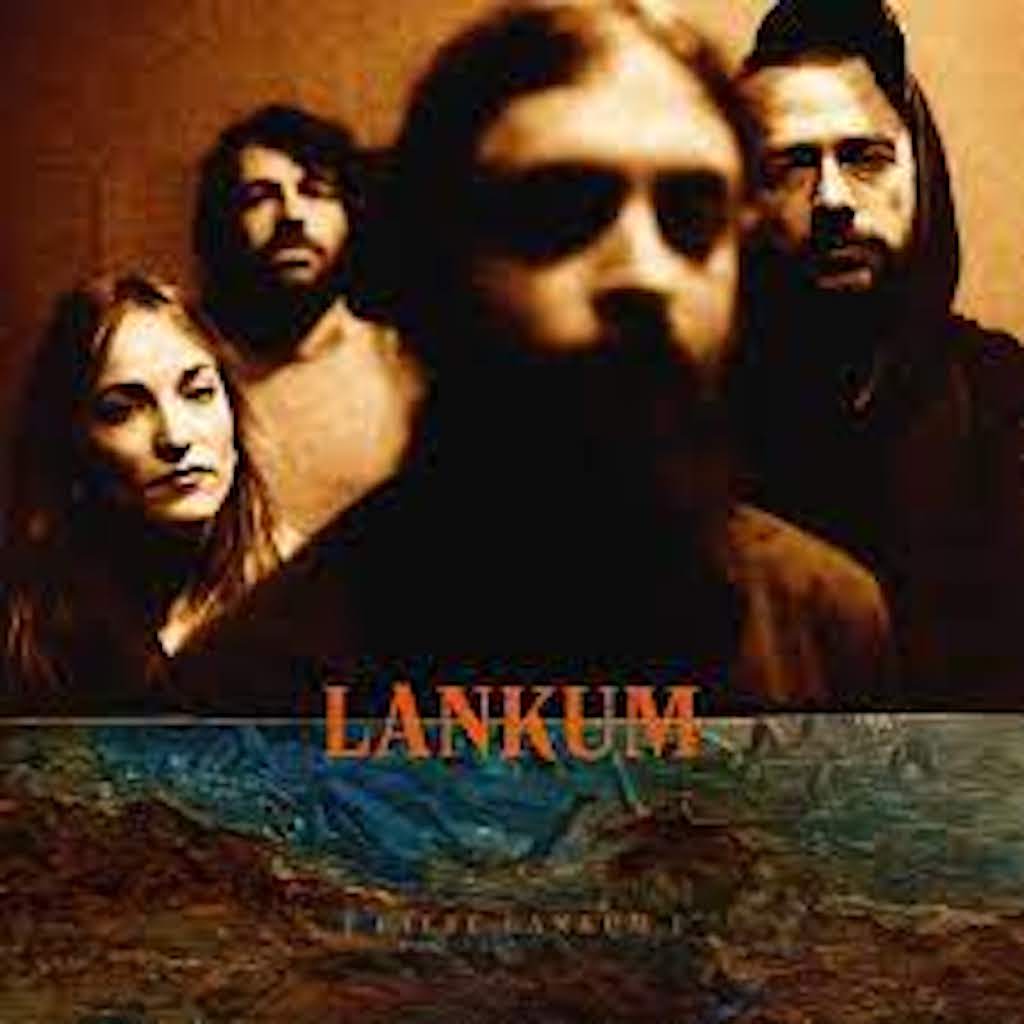Grian Chatten: Chaos for the Fly (Partisan)
Ordinarily, we would hear Grian Chatten scowling for Ireland as lead singer of Fontaines D.C., the multi-county band that has been introducing literate and poetic post-punk to the public for over four years. The band has a reputation for deviating from the norm, and so it is with Chatten, whose debut solo album was released with little fanfare earlier in the year. Like his band, Chatten’s solo work is singular; unlike his band, his solo work is as quiet as a gagged church mouse. Swapping gnarly riffs with gentle acoustic pickings devoid of wilful creative explorations, Chaos for the Fly presents simple songs strewn with thoughts about rural living, negative aspects of the music business, and the challenges of maintaining healthy friendships. In short, it’s a keeper.
Daithi: Lakelands (Strange Brew)
It is always heartening to see musicians that deal mostly in instrumental music veer away from their default settings and venture further afield. Clare-based Daithí Ó Drónai is one such, although he has cast his artistic net further than most, trading in his dance/ambient electronic music for semi-orchestral, melodically mournful sounds for this soundtrack to the film Lakelands. Without too much of a surprise, the music artfully matches the film’s woes of unease, dislocation, and provincial disrepair.
Hozier: Unreal Unearth (Rubyworks/Island Records)
A simple fact: Hozier’s third album is superb. Another simple fact: of its 16 tracks (which for most people is a double album), there are no more than two that we would skip. In the attention-deficit world we now live in, where skipping a song is almost an involuntary movement, that is high praise. What is most intriguing, however, is that for an album heavily inspired by weighty topics such as climate control and corporate greed, and texts I’d warrant not too many of us have read (including Seamus Heaney’s translation of Beowulf, and Dante’s Inferno and the Nine Circles of Hell), the songs nonetheless come across as heartfelt, honest and intimate.
David Kitt: Idiot Check (RE:WARM)
Some years ago, Dublin musician/songwriter David Kitt said he would leave his home city — in which, like many others, he bemoaned rising rent figures — for pastures new. Covid hit the world, however, and he instead moved from Dublin to Ballinskelligs, south-west Kerry. Kitt has always been a thinker as much as a creator of what the kids call ‘tasty grooves’, and so it’s no surprise that his ‘pandemic’ album is suffused with shadowy sonic traces, and serene, subtle electronic/ambient slants on folk/pop music.
 Lankum: False Lankum (Rough Trade)
Lankum: False Lankum (Rough Trade)
Anyone who has had the pleasure of seeing Dublin’s Lankum take hold of traditional music by the scruff of the neck, shake the life out of it and then imbue it with something else entirely will know that their music is a force to be reckoned with. That they manage to do something different to the music and (some) songs you have been familiar with for many years isn’t in doubt, but it’s how they do it that is central to their art. Is it some kind of sonic voodoo that makes you think you are listening to familiar music in an altered state? Or is it a knack they have to present music that might be delirium tremens except you know a drop hasn’t passed your lips in days? Whatever it is, it works.
Daniel Luke: Shadow Dance (self-released)
Committed fans of Irish rock music may have heard of a band by the name of Gypsies on the Autobahn, and if you have (or even if you haven’t) one question needs to be asked: how did that band’s tub-thumper of a drummer change creative course to being a neo-classical pianist to the point where his once hammering hands are now transformed into delicate digits? Shadow Dance is Daniel Luke’s debut solo album, and if you have a hankering for music that tips a hat towards classical composers such as Chopin and Debussy as well as jazz ivory tinklers such as Charlie Haydn, Chick Corea, and Bill Evans, then pop over here and keep it quiet.
Lisa O’Neill: All of This Is Chance (Rough Trade)
It is quite likely that Irish folk music has been delivered into the hands, hearts, and minds of more people this year than at any other time, and for that we can thank the likes of Cavan’s Lisa O’Neill (and Lankum – see elsewhere). Featured earlier this year in the New York Times for her singular take on folk ballads (boosted, perhaps, by her inclusion on the soundtrack of the BBC television series, Peaky Blinders), All of This is Chance is her first album in almost five years. While she has previously presented her songs clothed in similar spectral soundscapes, the differences here are the strengths of the arrangements, which are so bolstered with confidence they shine like freshly burnished steel.
 Mik Pyro
Mik PyroMik Pyro: Exit Pyro (Self-Released)
Fans of Irish rock music would know Mik Pyro from his time as front man of the bold, audacious Republic of Loose, but since that band went the way of the dodo, Pyro has sustained himself through regular gigs fronting a crack team of blues/rock musicians. Despite being a presence for decades, this is his debut solo album, and the wait, as they say, has been worth it. Striking a balance between primetime, early Van Morrison (My Mother & Father), The Band’s sterling Americana (City of Ghouls), and fierce blues/rock (Nothing More to Do with the Man), it might well be a cliché to say it, but it is completely true: Pryo is on fire here.
Soda Blonde: Dream Big (self-released)
The background to Soda Blonde bears repeating: its four members used to be in a highly regarded band called Little Green Cars, but since changing lanes and renaming in 2019, the members (now trimmed from five to four) have deviated somewhat into creating the kind of artful pop music that is both inordinately sophisticated and eminently hummable. Soda Blonde’s debut album was called Small Talk. The title of their second speaks for itself.
U2: Songs of Surrender (Island)
When is a new album not a new album? It’s a valid question in this instance because Songs of Surrender features 40 reimagined U2 songs that were used to accompany Bono’s memoir of last year, Surrender: 40 Songs, One Story (and its promotional tour). The modifications to some of the best-known U2 songs (they‘re all here) are noticeable, and mostly feature stylish, stripped down arrangements that replace their anthemic qualities with rather more modest notions. The lesson learned? If a song doesn’t work on an acoustic guitar or piano, then no amount of dressing it up will make a blind bit of difference.

